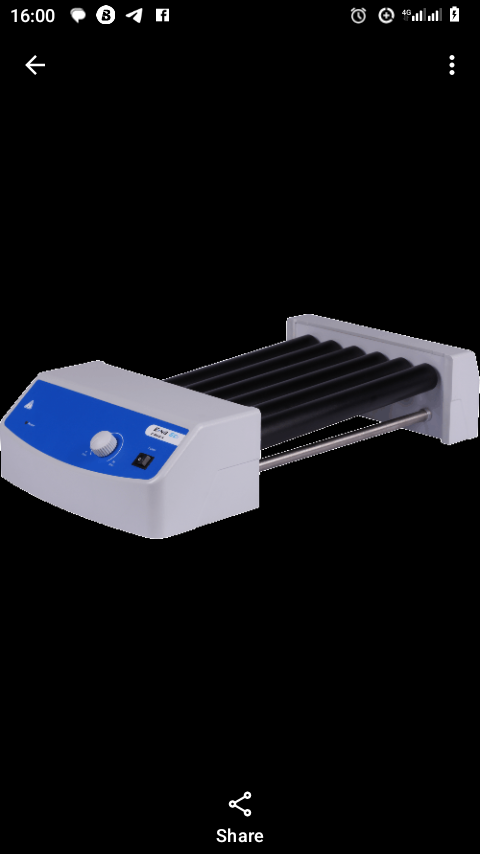Blood Mixer Roller Specifications:
1. Mixing Channels:
5–10 rollers (varies by model) to accommodate multiple tubes simultaneously.
2. Roller Speed:
Adjustable speed range from 10 to 80 RPM (revolutions per minute).
3. Tilt Angle:
Some models offer a fixed or adjustable tilt between 0°–12° to enhance mixing efficiency.
4. Tube Capacity:
Compatible with blood collection tubes, EDTA tubes, and serum tubes of varying sizes (e.g., 10–50 mL).
5. Roller Length:
Each roller typically measures 30–50 cm, allowing for parallel placement of tubes.
6. Construction Material:
Corrosion-resistant stainless steel or durable ABS plastic rollers for long-term use.
Non-slip rollers to prevent tubes from sliding off during mixing.
7. Operating Time:
Some models offer continuous operation or preset timers (e.g., 1-120 minutes).
8. Display and Controls:
LED or LCD display for speed and time settings.
Simple touch buttons or knobs for operation control.
9. Noise Level:
Low noise operation (<50 dB) for a quieter lab environment.
10. Power Supply:
AC power: 110–240V, 50/60 Hz, with universal adapters available.
Some portable models may have battery options.
11. Operating Temperature and Humidity:
10°C – 40°C (50°F – 104°F).
Humidity: ≤85% RH (non-condensing).
12. Safety Features:
Auto-stop function in case of tube jamming.
Non-slip feet for stability on lab benches.
13. Dimensions and Weight:
Compact design, typically around 450 x 200 x 150 mm.
Weight: 5–8 kg depending on model.
14. Applications:
Used for mixing anticoagulated blood and sample reagents.
Ensures homogeneous mixing for precise hematology and chemistry results.
SKU: 0007

